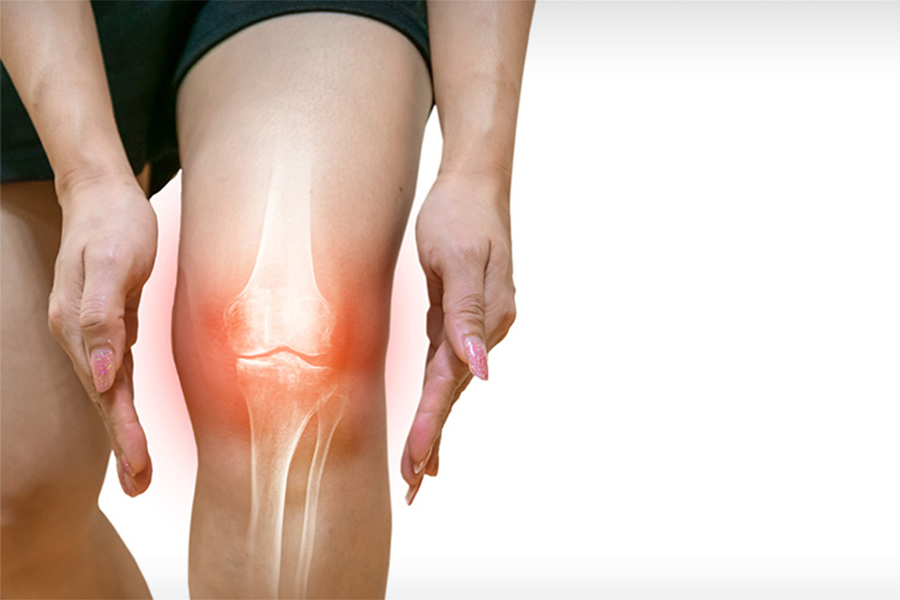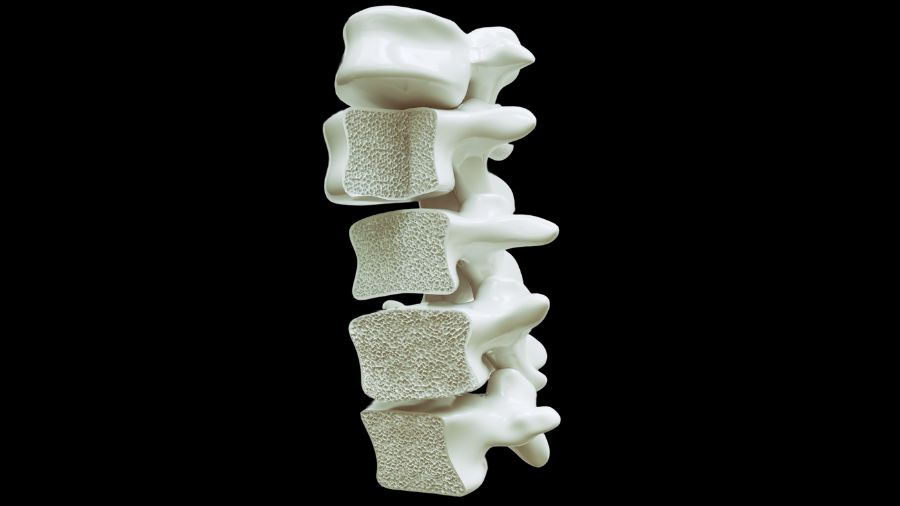The use of data to predict the outcome of events is known as predictive analytics. This new approach, now enabled by access to powerful data mining computers, holds the promise of personalized treatment plans.
“About 30 per cent of patients who undergo knee replacement surgery don’t have any improvement after five years. This suggests that there are underlying biological differences between patients who have symptom improvement compared to those who do not. Now we can determine the most appropriate treatment options based on the patient’s profile,” says Dr. Nizar Mahomed.
The harnessing of data to transform arthritis care is a project championed by orthopaedic surgeon and shoulder specialist Dr. Christian Veillette. He has long been an advocate of advancing innovative models of care and looking at how technology, through computer-based systems, can be used to provide greater insights about individual patients. With the computer expertise of Senior Scientist Dr. Igor Jurisica, predictive analytics will be used to determine a patient’s response to drug therapy, eliminating “the trial and error” approach to prescribing medications and leading to improved patient satisfaction.
Meanwhile, Arthritis Research Director Dr. Mohit Kapoor is refining another tool for arthritis treatment: the metabolome.
The metabolome is the makeup of all chemicals in a particular tissue or fluid and is typically made up of various lipids, sugars and amines/amino acids. Thus, the metabolome of the blood can be considered a systemic measure of the metabolic state of an individual. The levels of individual metabolites, however, can be affected by various clinical factors age, sex, weight and other diseases.
Information from metabolites feeds into the data pool, increasing the accuracy of predictive analytics.
This new tool will be applied to non-surgical treatment of arthritis as well. Dr. Vinod Chandran, for example, is researching the application of this tool to help his patients with psoriatic arthritis.
Metabolomics and predictive analytics are tools emerging in other areas of medicine, including cancer and heart disease. Thanks to donations from grateful patients, the Arthritis Team is acquiring equipment to conduct metabolomic analyses at the Krembil Research Institute.
“We are so fortunate that the supporters of our Arthritis Campaign have enabled us to advance research in this area,” agrees Dr. Kapoor. “This represents a huge step forward in our vision to cure arthritis.”


